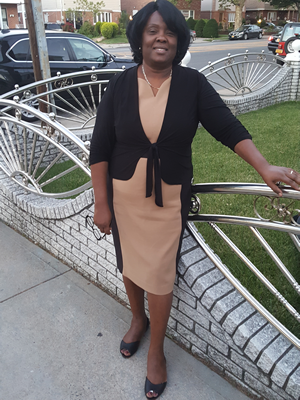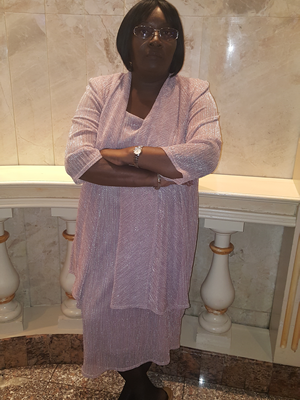Nursing Assessment for Antenatal Care
The first antenatal visit is the best time to establish baseline data. A thorough assessment of the reproductive system should be included. As with other body systems, this assessment depends on an accurate history and a thorough physical examination.
Share and share alike
Remember to keep the woman informed about assessment findings. Sharing this information with her may help her to comply with health care recommendations and encourage her to seek additional information about any problems or questions that she has later in the pregnancy.
Health history
Information obtained from the woman's health history helps establish baseline data, which can be used to plan health-promotion strategies for every subsequent visit and identify potential complications. The health history you conduct should be intense. Be sure to include biographical data, information on the client's nutritional status, a medical history, a family history, a gynecologic history and an obstetric history.
Biographic data
When obtaining biographical data, assure the woman that the information will remain confidential. Topics to discuss include age; cultural considerations, such as ethnicity and religion; marital status; occupation and education.
Age
The woman's age is an important factor because reproductive risks increase among adolescents younger than age 15 and women older than age 35. For example, pregnant adolescents are more likely to have pre-eclampsia, whereas expectant mothers older than age 35 are at risk for other problematic conditions, including placenta praevia; hydatidiform mole and vascular, neoplastic and degenerative diseases.
Ethnicity and religion
The woman's ethnicity and religion, as well as other cultural considerations, may also affect on the pregnancy. Obtaining information from your client about these topics can help you plan care. It also gives you greater insight into the woman's behavior, potential problems in health promotion and maintenance and ways of coping with illness.
It's important to learn about the cultural communities in which you work, and become familiar with the cultural practices of those communities.
Cultural considerations for assessment
Encourage the woman to discuss her cultural beliefs regarding health, illness and health care. Be considerate of the woman's cultural background. Also, be aware that members of many cultures are related to talk about sexual matters and, in some cultures, sexual matters are not discussed freely with members of the opposite sex. It is vital that the midwife seeks the help of an interpreter when taking a history from the woman – it is not ideal to use a family member as her interpreter, as this may lead to inaccurate interpretations of the woman's true wishes when formulating her care plan .














 Hits Today : 1358
Hits Today : 1358 Total Hits : 1082501
Total Hits : 1082501 Who's Online : 1
Who's Online : 1